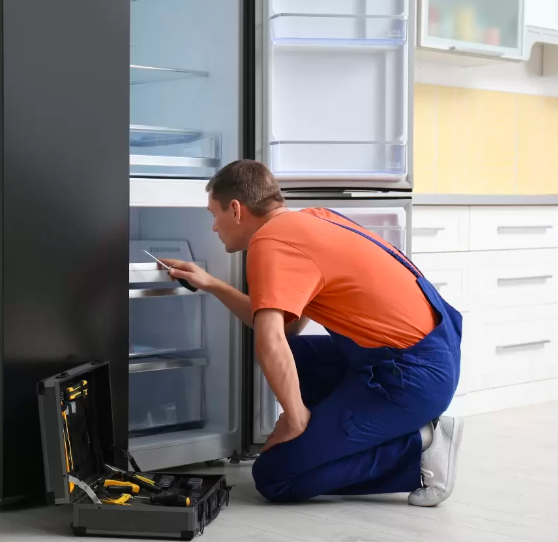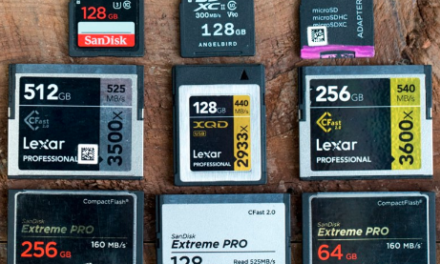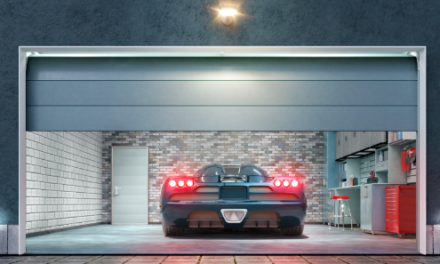Overview
Any type, brand, or age of refrigerator will produce noise. Refrigerators produce a lot of noise due to the activity that goes on around and inside of them. The pop Perhaps the noises coming from the refrigerator are not so odd. A refrigerator makes sounds all day long that may be characterized as popping. Refrigerators are necessary home appliances that guarantee the freshness of our food and the coldness of our beverages. However, they are not always silent companions. Occasionally, they will produce odd noises that startle people. Among these noises, popping sounds are widespread, yet they’re often misconstrued.
Why Does My Refrigerator Pop?
A popping refrigerator is a loud, recurrent noise that originates inside the appliance. It occasionally surprises those who are close and who aren’t paying attention with gentle clicks or loud pops. While the event may at first raise concerns about the appliance’s performance, it is often prearranged and unrelated to any significant mechanical issues. When an unexpected pops With the sound of your refrigerator, have you ever spent a calm evening unwinding in your kitchen? This is a common event that might confuse you and make you wonder, “Why does my refrigerator pop?” But don’t worry, we’re here to unravel the mystery around those odd noises.
Recognizing Refrigerator Popping
To understand why popping When noises emanate from your refrigerator, let’s examine this essential appliance in more detail. Modern refrigerators are technical wonders, consisting of several components that work in perfect harmony to maintain optimal temperatures. However, occasionally a strange noise is heard amid their peaceful work.
Normal Operational Noises
It’s critical to differentiate between normal operating noises and potential issues before making any conclusions. A refrigerator that is operating normally will make a range of noises, including humming, clicking, and buzzing. These sounds, which are usually harmless, indicate that your device is functioning properly.
Causes of Popping Noises
Let’s talk about the big issue now: the strange popping sounds emanating from your fridge. What precisely sets them off? There could be a few components involved, ranging from harmless to potentially harmful.
Expansion due to heat
One of the most common reasons why refrigerators make popping noises is thermal expansion. Refrigerators are generally cold appliances, but because of their on-and-off cooling cycle and the way the defrost mechanism melts ice off the evaporator coil, they regularly encounter temperature variations. These tiny temperature changes cause the plastic and other parts of the refrigerator to expand and shrink. They expand in response to temperature fluctuations, which may cause things to pop and make weird noises. Spending a lot of time close to the refrigerator will make you realize that the noises are a typical part of how the appliance works.
Vibrations
Certain popping sounds might be the outcome of the normal movements of the refrigerator. Because of the strong compressor motor within the device, it can shake to the point that the shelves’ plates tap against one another, creating an exterior sound. popping sound. The refrigerator If the floor is uneven beneath the appliance, it might be popping because the entire appliance is swaying back and forth. Occasionally, random objects like loose cash, vibrations, and making a popping sound.
Water Valve
One possible cause of popping sounds A broken water valve is a common problem in refrigerators that have ice makers or water dispensers. Loud popping sounds produced by a malfunctioning valve indicate that it should be investigated or replaced.
When the water input valve on the refrigerator’s back opens to let water into the ice maker or water dispenser, there’s a pop or snap sound. This usually only happens once in a while. If the popping persists, Check to see whether the water supply has been disrupted. If water isn’t flowing through the valve, it can keep popping and sound loud.
Ice Buildup
Another reason for the strange popping sounds is ice buildup inside the gadget. A build-up of moisture that freezes can put pressure on some areas, affecting neighboring components. Popping or cracking sounds, As the ice expands or moves, sounds that resemble ice cubes settling in a tray can be created.
Defective Parts
Occasionally, popping noises may be a sign of more serious issues with specific refrigerator components. These issues might range from minor imperfections to more significant defects that require professional repair.
Compressor
The main part of your refrigerator is the compressor, which maintains the cooling system’s correct operation and moves the refrigerant around. Conversely, unusual sounds, such as popping or loud noises, might indicate a malfunctioning or struggling compressor. This might be a sign of a problem with the internal components or the compressor motor.
Motor Fan
The fan motor is a crucial part that facilitates air circulation throughout the refrigerator and freezer sections. If the fan motor is faulty or clogged with dirt, it may create odd noises, such as popping or clicking. The fan motor may need to be changed or cleaned to solve this issue.
Heater Defrost
If you found out that your refrigerator has a heating element, would you be shocked?
Every refrigerator has a defrost heater. The heater’s only job is to remove any accumulated frost from the refrigerator. Most likely, you’ll hear a popping sound as soon as the defroster starts up. My observations indicate that your defroster should run around four times a day. There may be days when your defrost heater runs more regularly and days when it runs less frequently. Watch for any sudden or ongoing changes that can point to an issue.
The popping It’s typical to hear a refrigerator make a noise when the defrost heater is on or deactivated. If, however, your defroster is constantly turning on and off during the day, that’s a different story.
There are a few possible causes for your defrost heater’s intermittent operation. One is that because your defrost timer broke, your defrost heater isn’t receiving instructions on when to turn it on and off. There might be too much ice accumulation causing your defrost heater to run nonstop.
In any case, the defrost heater is one of the few refrigerator components that require expert repair. The heater is big, so you’ll need all the help you can get. A malfunctioning defrost heater might be the source of popping noises in refrigerators equipped with automated defrost systems. If there is a problem or the heater is stuck in a cycle, it might build up ice or experience temperature changes. Popping noises might be the appliance’s effort at self-regulation. Those are the reasons why my refrigerator pops.
Flow of Refrigerant
The flow of refrigerant can lead to several issues, including odd sounds and inconsistent cooling. Popping The refrigerant will be changing pressure inside the system, thus, noises might be heard if there is a leak or obstruction in the pipes.
Troubleshooting & Solutions
Now that we are aware of a few potential causes for your refrigerator, perhaps making popping sounds, let’s discuss how to diagnose and resolve these issues.
Constant Maintenance
Sustaining the seamless functioning of your refrigerator Proper preventative maintenance is necessary to reduce undesired sounds. Make sure to clean the condenser coils, check door seals for leaks, and routinely defrost the freezer to prevent ice accumulation.
Professional Assistance
If you are unable to determine the origin of the issue, do not hesitate to seek assistance from a qualified appliance professional. popping sounds or if you think there may be a more significant problem at hand. They can do a thorough inspection, provide a precise diagnosis, and recommend any required repairs or replacements.
Conclusion
In conclusion, though popping noises emanating from a refrigerator might be unsettling, they typically indicate innocuous problems like ice buildup or temperature fluctuations. By being aware of the potential reasons and doing preventative maintenance, you can reduce these interruptions and ensure that your refrigerator continues to operate dependably. Remember that a well-maintained, quiet appliance!





